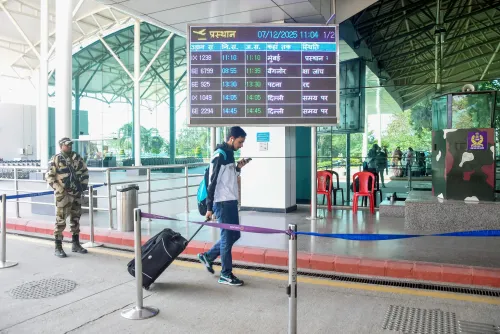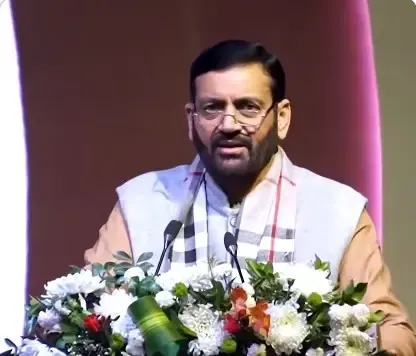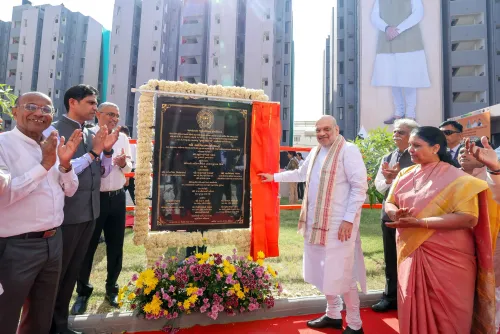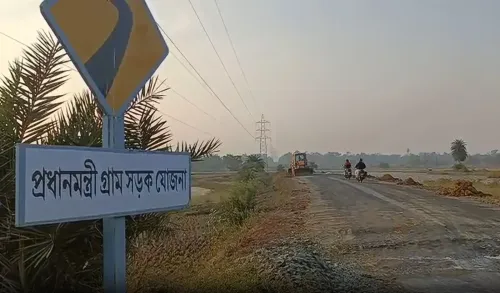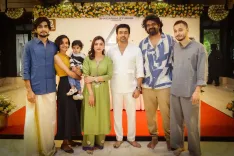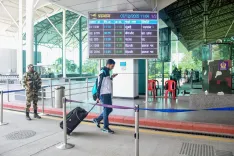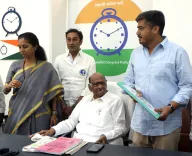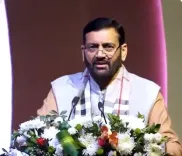Supreme Court Dismisses Petition Against Senior Advocates' Designation
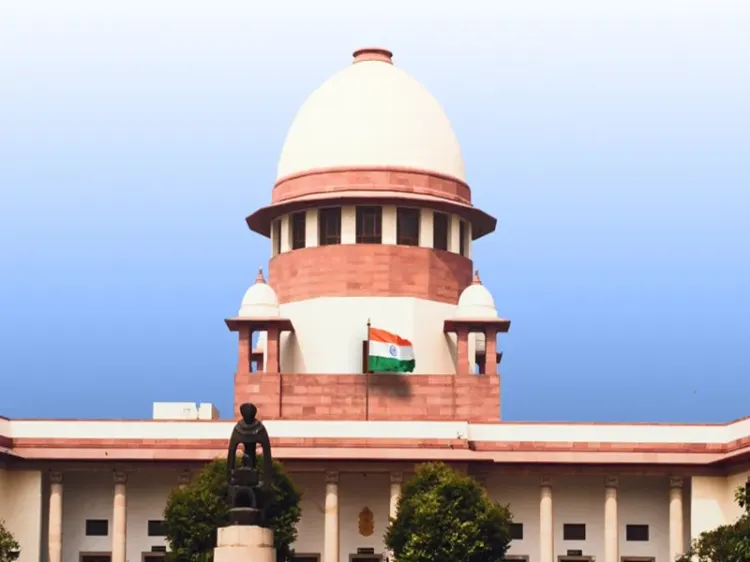
Synopsis
Key Takeaways
- The Supreme Court refused to strike down the designation of senior advocates.
- Allegations of nepotism and favouritism were raised by the petitioner.
- The court highlighted the importance of presenting legal arguments.
- Previous challenges to the senior designation have been dismissed.
- The court granted time for the petitioners to reconsider their claims.
New Delhi, Feb 7 (NationPress) The Supreme Court on Friday declined to entertain a public interest litigation (PIL) aimed at annulling the designation process of 70 lawyers as senior advocates carried out by the Delhi High Court.
The bench, comprising Justices B.R. Gavai and K. Vinod Chandran, stated, "We don’t see that anybody receives preferential treatment in this Court solely based on their attire." Consequently, the petition was dismissed.
During a previous session, the Justice Gavai-led bench admonished lawyer Mathew J. Nedumpara, who represented himself as the petitioner, for making "various scurrilous and unfounded allegations" against the judiciary.
Nedumpara, based in Mumbai, claimed that the entire process for designating lawyers as seniors is marred by favouritism, nepotism, patronage, and other unlawful and irrelevant influences.
He further argued, "It is challenging, if not impossible, to find a judge, either serving or retired, from the High Court or Supreme Court, whose family members over the age of forty remain ordinary lawyers. Such judges typically have all their relatives elevated to senior advocates or judges."
In response, the Justice Gavai-led bench remarked, "Mr. Nedumpara, this is a court of law. When you are in a court of law, present legal arguments rather than rhetoric aimed at the audience."
The hearing was postponed to give the petitioners time to reconsider their claims, with the apex court noting that "numerous scurrilous and unfounded allegations have been made against the institution". If the petition is presented in the same manner, the court warned that legal action would be taken against all petitioners.
"We permit four weeks for Mr. Nedumpara and the other petitioners to take any steps they deem appropriate in this matter," the court ordered.
Additionally, the apex court allowed several petitioners to withdraw and exclude themselves from the proceedings.
In a prior case, the Supreme Court had dismissed a petition challenging the designation of senior advocates as per the Advocates Act, 1961.
A bench of Justices S.K. Kaul (now retired) and Sudhanshu Dhulia stated that the system of designating advocates as 'senior' cannot be deemed untenable or classified as unreasonable under Article 14 of the Constitution.
"We dismiss the petition without any costs," the bench noted, adding that the petition was filed as a "misadventure" by the petitioner-in-person, advocate Nedumpara.
Nedumpara’s argument claimed that the senior designation has led to a class of advocates possessing special rights, which he believes is predominantly reserved for the relatives of judges, senior advocates, politicians, and ministers.
The petition asserted that the designation of advocates as senior advocates under Sections 16 and 23(5) of the Advocates Act, 1961 and under the Supreme Court Rules, 2013 establishes a "special category of advocates with unique rights, privileges, and status not afforded to ordinary advocates". This, he argued, is unconstitutional and violates the equality mandate of Article 14, the right to practice any profession under Article 19, as well as the right to life under Article 21.


